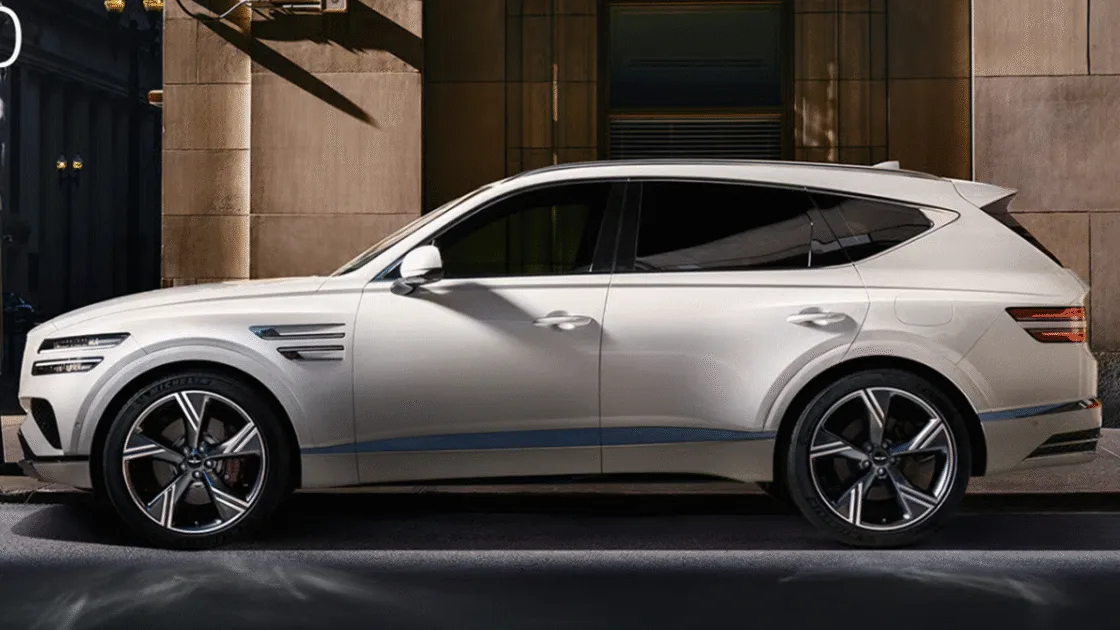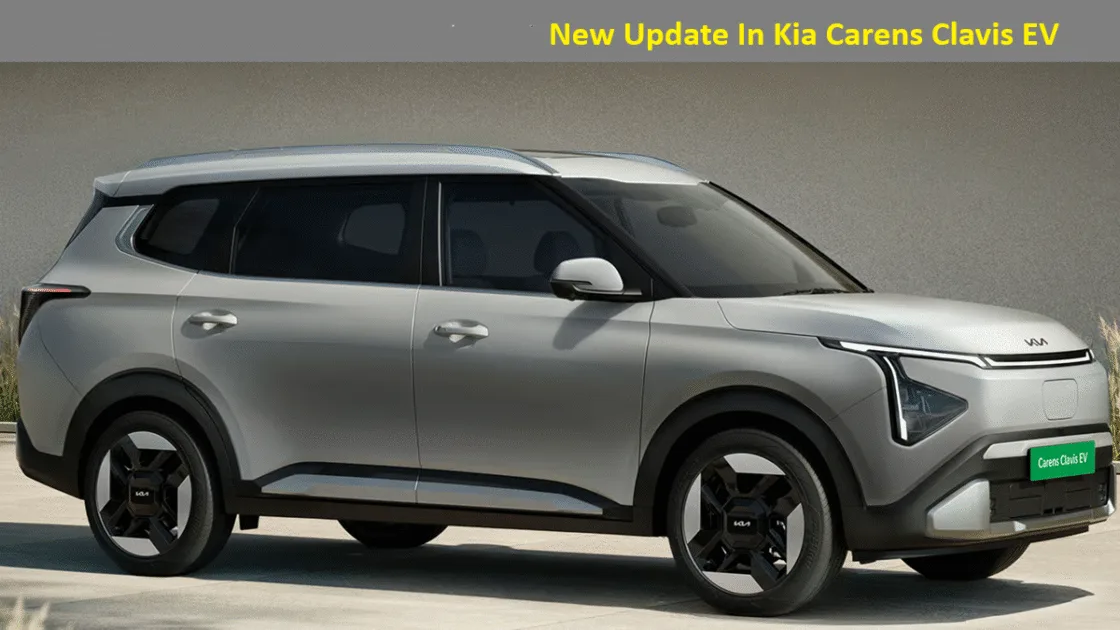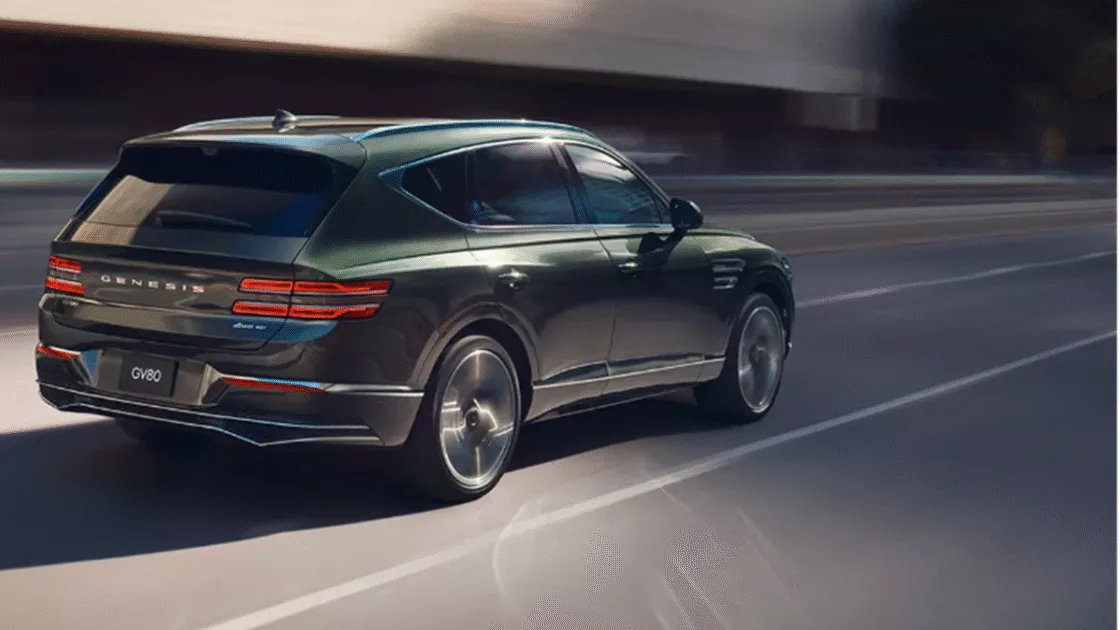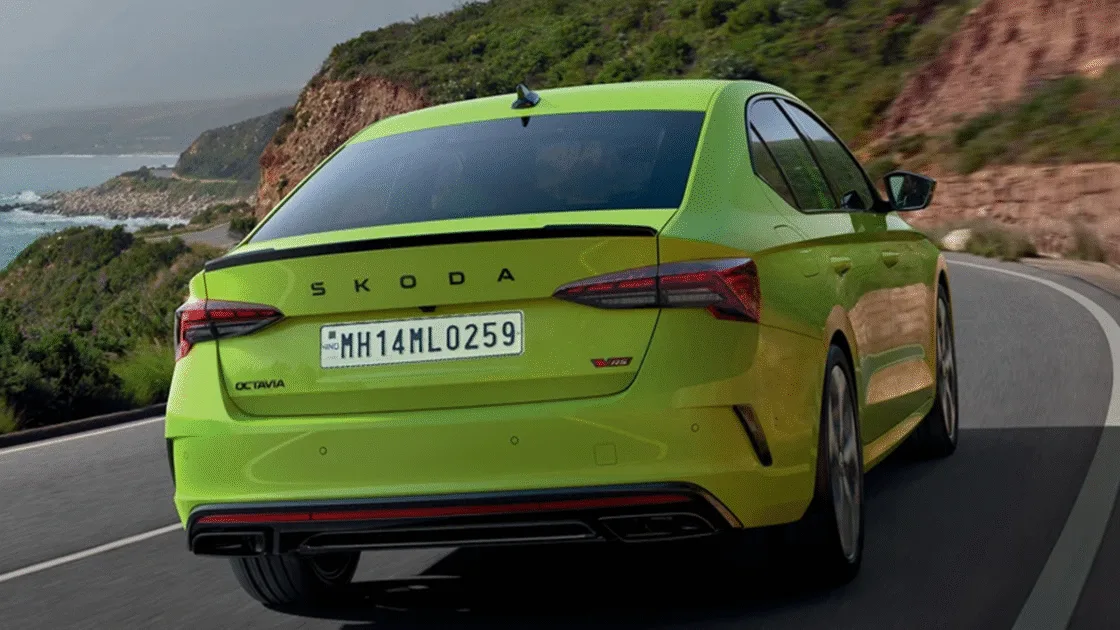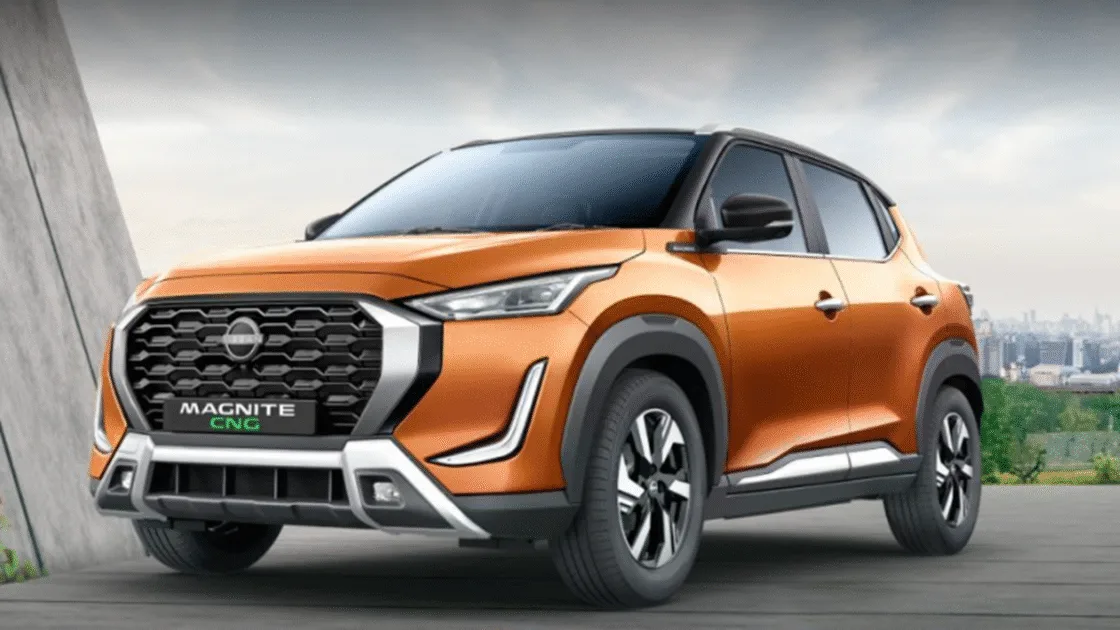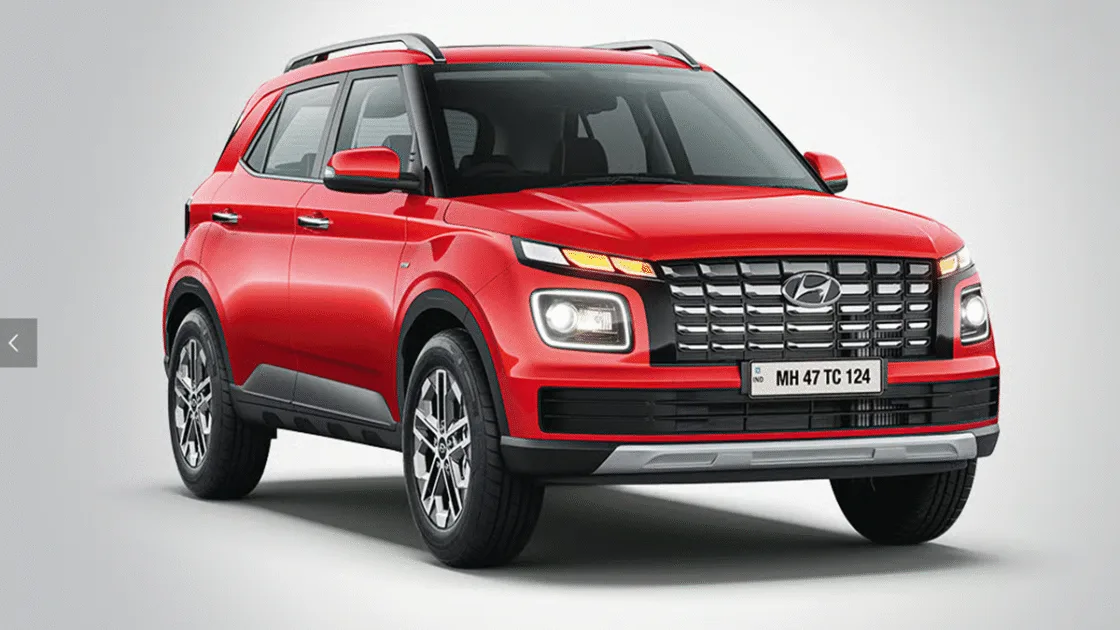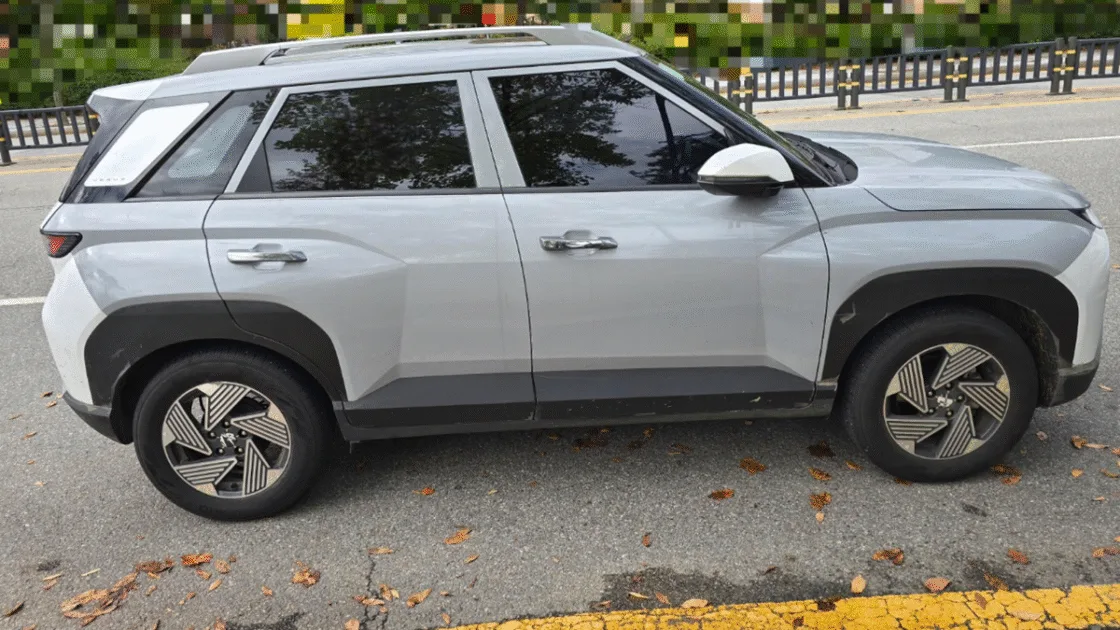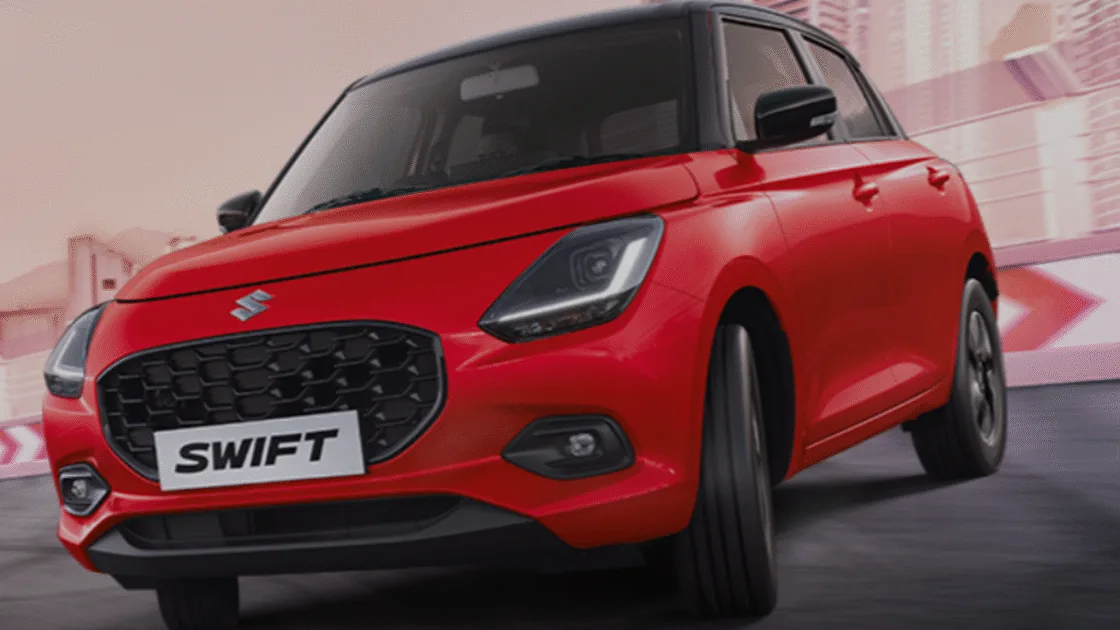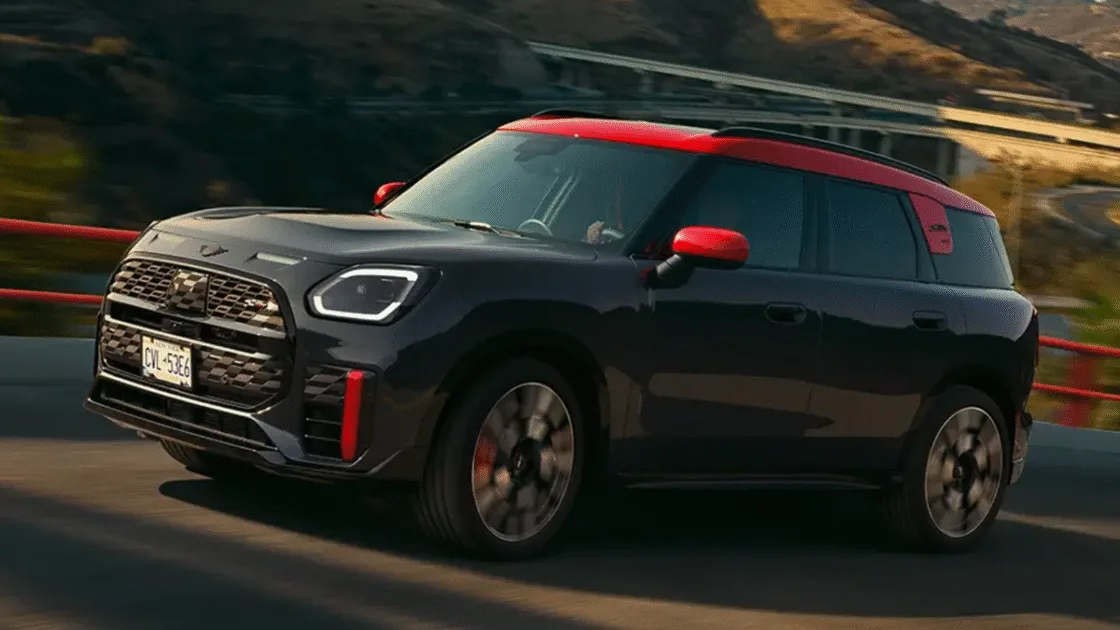Hyundai plans to electrify more than only pure electric vehicles in India; hybrids will act as a transitional vehicle between ICE and BEVs.
Hyundai India to Launch 26 New Cars and SUVs by FY2030: The plan outlines by Hyundai Motor India, the company’s approach to electrification, hybrid technology, and diversification into new vehicle segments, has confirmed the release of new 26 vehicles by FY203, the company wants to invest Rs. 45,000 crores in India with an Exports target of up to 30% of the total production and this investment will also strengthen the manufacturing capacity of the company and its vehicle portfolio.
| Category | Key Details |
| Total Launches | 26 new cars & SUVs by FY2030 |
| New Nameplates | 7 all-new models across segments |
| Hybrid Models | 8 hybrids planned by 2030 |
| First Local EV | Launching in 2027 (likely based on Inster EV) |
| New Segments | MPV & Off-road SUV confirmed |
| Luxury Brand | Genesis entering India in 2027 |
| Strong Hybrid Debut | Next-gen Creta (2027) |
| Hybrid Engine | 1.2L turbo-petrol strong hybrid in development |
| Flagship Model | Palisade Hybrid SUV (2027–2028) |
| Eco-friendly Sales Mix | 52% by FY2030 |
| Hybrid Sales Share | 16% of total sales by FY2030 |
| Total Investment | ₹45,000 crore by FY2030 |
| Export Target | 30% of total production by 2030 |
Also Read:- Hyundai Sales Rise 17% Sept 2025 – SUV segment lead
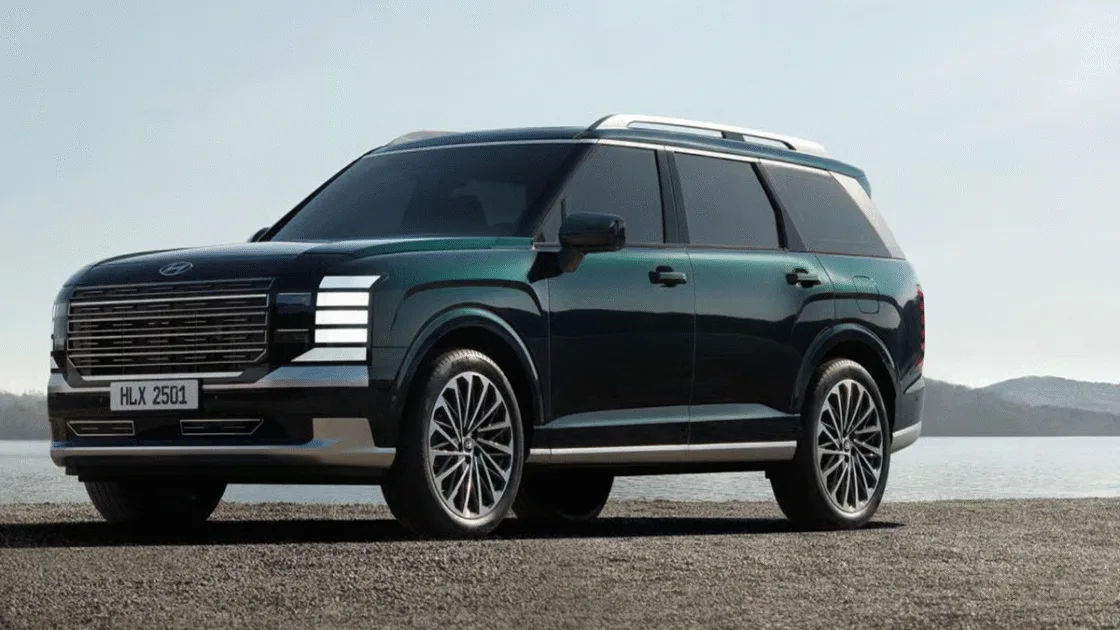
Hyundai plans to expand its lineup, including eight hybrids, which will span from big SUVs to small hatchbacks in all three versions: the electric, the hybrid and the flex-fuel technology, as its target is a 52% environmentally friendly mix production by 2030.
Next-gen Creta, i20, Venue, Bayon, Palisade, and a forthcoming MPV are some of the key models for Hyundai. In the global market, Hyundai already offers plug-in hybrid, strong-hybrid, and mild-hybrid systems, and these hybrid systems will also be introduced in the Indian mass-market as well as luxury segments.
Hyundai is persuasively trying to develop a new 1.2-litre turbo-petrol engine with hybrid capabilities. Bayon crossover may be Hyundai’s first hybrid car in India and the successor of the Creta and the Alcazar. It may use a 1.5-litre petrol-electric hybrid system; this same hybrid powertrain will be adopted by the i20 and Venue later on.
The Palisade Hybrid will get a 2.5-litre turbo-petrol engine with an electric motor, which produces 329 horsepower and 460 Nm peak torque, and can go up to 1,000 kilometres with 14.1 km/l Hybrid fuel efficiency. The Palisade Hybrid will target the premium buyer in the Indian market.
Also Read:- New-Gen Hyundai Venue Facelift Fully Revealed — Launching on November 4

Hyundai’s hybrid lineups aggressively align with the forthcoming CAFE 3 pollution standards with a view to lowering the carbon emissions in India. These CAFE 3 standards will come into effect in April 2027. Strong hybrid lineups will earn the company’s double credits toward achieving the emission targets under the proposed Idea. Hyundai has been using this hybrid technology for the past 15 years now and has developed 48V mild-hybrid, strong-hybrid, and plug-in hybrid systems with the experience.
Hyundai has wanted to enter into two new product segments; one is off-road SUVs, and the other is MPVs, for a long time. These MPVs could be the Stargazer, which is positioned as the more premium option or the Staria, which can be the more affordable MPV alternative. These two MPVs will give direct competition to Maruti Ertiga and Kia Carens, which dominate the MPV market in India.
The off-road SUV, which is under development, will compete with the Ford Everest and Toyota Fortuner and will also have features like electric or hybrid drivetrains with a body-on-frame design.
Hyundai’s Genesis will also debut in India in 2027 with its premium division and target luxury buyers of the domestic market. More likely models to be introduced to the Indian market are GV70, GV80, and GV90, although the exact models for India have not been confirmed yet. The company’s expansion strategy is supported by the locally manufactured electric SUVs built on a globally recognised platform of Inster, and also to position itself strongly in India’s electric vehicle market.
Also Read:- Top 10 Hatchbacks Sales India September 2025 – Swift, WagonR, Baleno, Tiago, Altroz
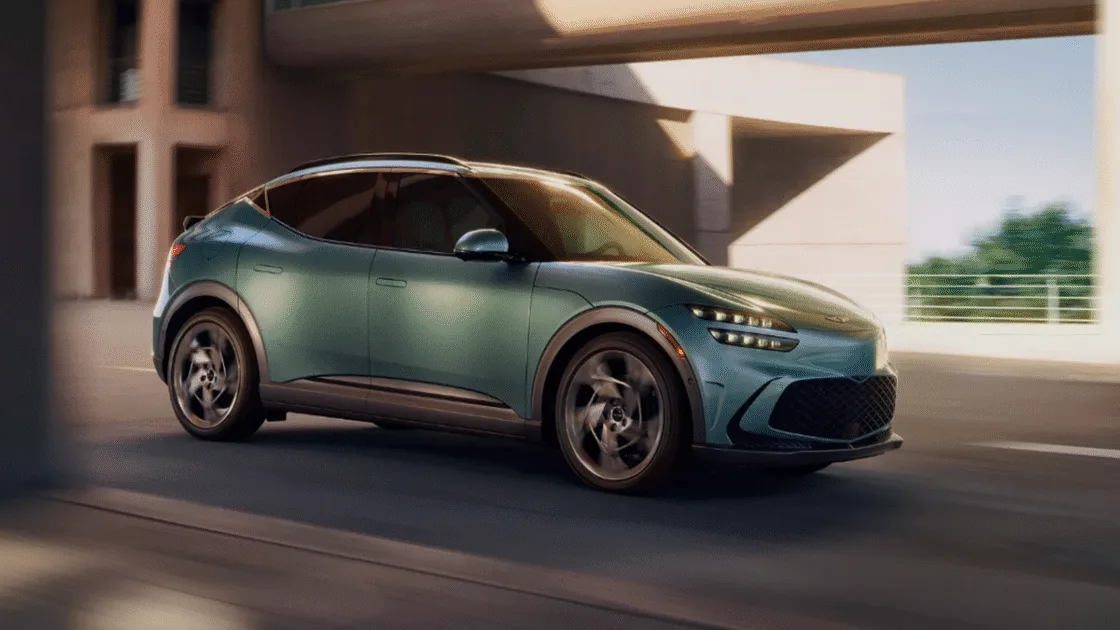
By FY2030, Hyundai also aims to increase its export numbers to 30% of the total production units. Hyundai will bring Rs. 45,000 crores with commitments to support its plan of increased production capacity, localisation, and electrification of its manufacturing units.

